Quantum Cosmology and Baby Universes: Jerusalem Winter School for Theoretical Physics; Jerusalem, Israel 27 Dec 89-4 Jan 90
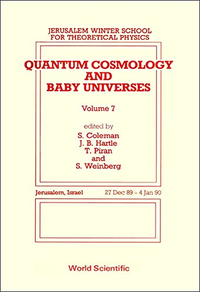
Summary
The subject of Quantum Cosmology is concerned with providing a quantum mechanical description of the universe as a whole and, within that description, to constructing a theory of the universe's initial condition whose predictions can be compared with observation. The recent progress in this area has profound implications for physics at all scales. The lectures at this School describe these theories and their implications. They cover basic quantum mechanics of cosmology, proposals for theories of initial conditions, and their application to the prediction of the large scale features of our universe. A special emphasis of the School is the implication of topological fluctuations of spacetime (wormholes, baby universes) for the observed coupling constants of the low energy interactions of elementary particles and as a potential explanation for the vanishing of the cosmological constant.
Similar Books
-
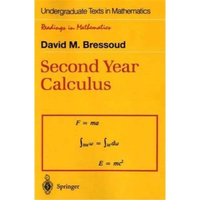 Second Year Calculus
Second Year Calculusby David M. Bressoud
-
 Mathematical Ideas in Biology
Mathematical Ideas in Biologyby John Maynard Smith
-
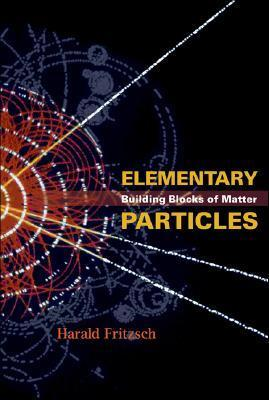 Elementary Particles: Building Blocks Of Matter
Elementary Particles: Building Blocks Of Matterby Harald Fritzsch
-
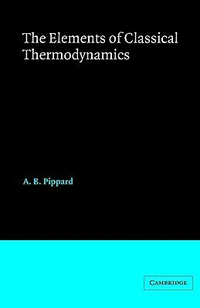
-
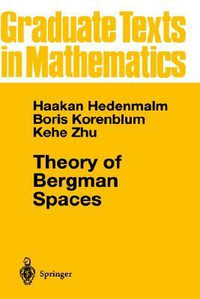 Theory of Bergman Spaces
Theory of Bergman Spacesby Hakan Hedenmalm
-
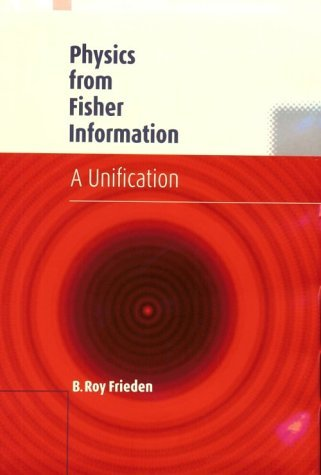 Physics from Fisher Information: A Unification
Physics from Fisher Information: A Unificationby B. Roy Frieden
-
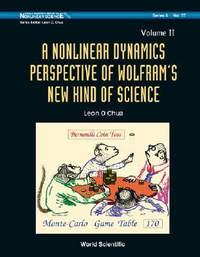
-
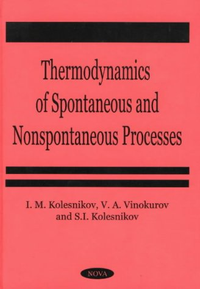 Thermodynamics of Spontaneous and Non-Spontaneous Processes
Thermodynamics of Spontaneous and Non-Spontaneous Processesby S. I. Kolesnikov
-
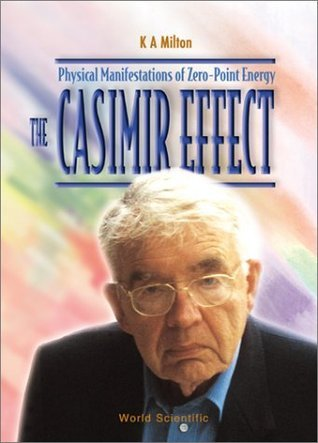 The Casimir Effect
The Casimir Effectby Department of Physics Kimball A Milton
-
 Topological Quantum Field Theory and Four Manifolds
Topological Quantum Field Theory and Four Manifoldsby José M.F. Labastida
-
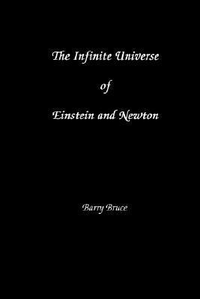 The Infinite Universe of Einstein and Newton
The Infinite Universe of Einstein and Newtonby Barry Bruce
-
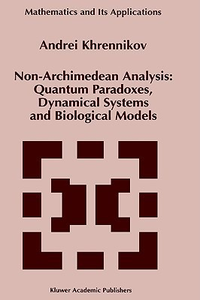 Non-Archimedean Analysis: Quantum Paradoxes, Dynamical Systems and Biological Models
Non-Archimedean Analysis: Quantum Paradoxes, Dynamical Systems and Biological Modelsby Andrei Y. Khrennikov
-
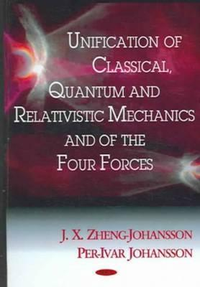 Unification Of Classical, Quantum And Relativistic Mechanics And Of The Four Forces
Unification Of Classical, Quantum And Relativistic Mechanics And Of The Four Forcesby J.X. Zheng-Johansson
-
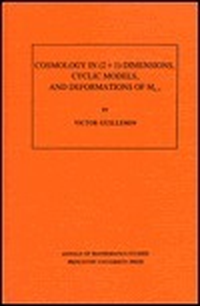
-
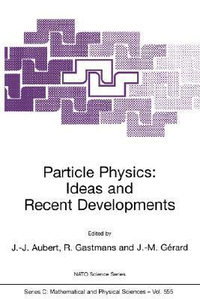
-
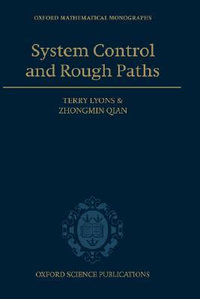 System Control and Rough Paths
System Control and Rough Pathsby Terry Lyons
-
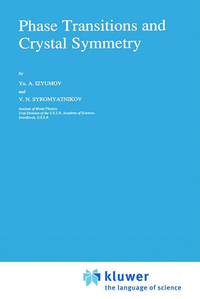 Phase Transitions and Crystal Symmetry
Phase Transitions and Crystal Symmetryby Yurii Aleksandrovich Izyumov